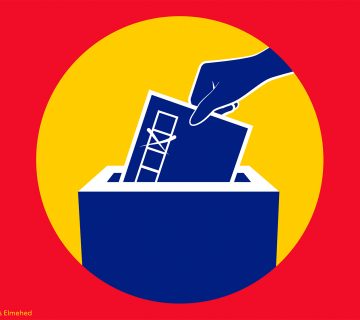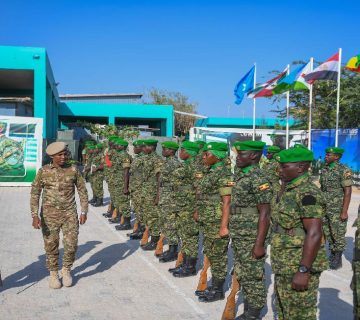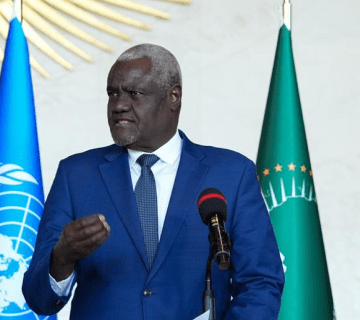Human Rights Watch (HRW) released a report in January accusing Uganda of having failed to provide accountability for torture and extrajudicial killings. HRW found that investigations into military and police abuse failed to progress, including an inquiry into the November 2016 killing of more than 100 civilians in western Uganda. During this time, tensions between the Government of Uganda and the traditional Kingdom in Kasese, western Uganda, came to a head. The military and police escalated their deployments, surrounded the palace of the local traditional king, and ultimately carried out a brutal assault on the compound. Major General Peter Elwelu argued, at the time, that they only killed terrorists. HRW argues that there are clear patterns in the Horn of Africa, including Uganda, of government repression against peaceful protesters, activists, and journalists.
Uganda’s row with telecom provider MTN continued this month. Two MTN employees, a French and a Rwandese executive, were detained and deported. Uganda accused them of planning to compromise national security, while other employees have been investigated for alleged incitement to violence. MTN, next to Indian Bharti Airtel, the biggest telecom provider in Uganda, has more than 10 million subscribers. Its local license expired in October 2018, after which the Uganda Communications Commission gave an interim license valid for 60 days.
Finally, President Museveni has found himself in a diplomatic row with Somalia after comments he made with regards to Somalia. Museveni tried to differentiate between the concepts of State, Country, and Nation. He argued on Monday January 28 during an annual judge’s conference in Kampala, that “…a country is the land you have authority over, the nation means people of common origin…state means organized authority over the country. You can therefore have a country without a state.” Museveni then proceeded to mention Somalia as an example. His comments unleashed a backlash on Twitter, with commentators mentioning a recurring theme that Somalia, while most definitely not perfect, has had democratic transfer of power in the last 20 years, while Uganda has been under Museveni’s increasing authoritarian rule for the last 33 years.
In their article, President Museveni and the politics of presidential tenure in Uganda, Roger Tangri and Andrew M. Mwenda argue that Museveni is determined to hold onto power because of two main reasons. First, he believes he is indispensable for Uganda’s stability and prosperity, having come to power in the aftermath of Uganda’s tumultuous years. Second, Museveni and his allies within his party, the National Resistance Movement (NRM), are fearful of being prosecuted under a new president for alleged wrongdoings. With regards to these reasons, Museveni is especially fearful that opposition leader Kizza Besigye, who garnered significant electoral support over the years, will take over the presidency. Museveni not only believes that Besigye is a threat to peace and stability in Uganda, but also that Besigye will most definitely investigate Museveni and his allies for alleged wrongdoings. To counter this threat, Museveni has built a highly centralized presidential political system in which he exercises personal power.



